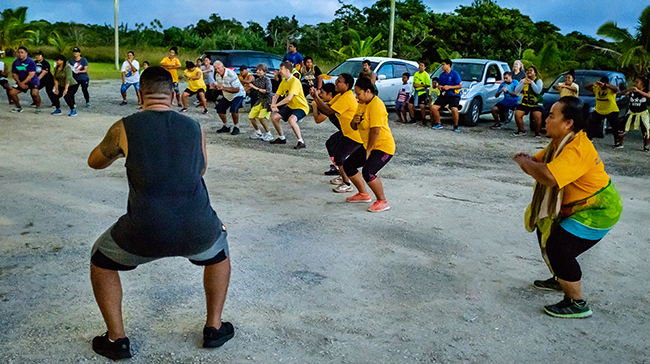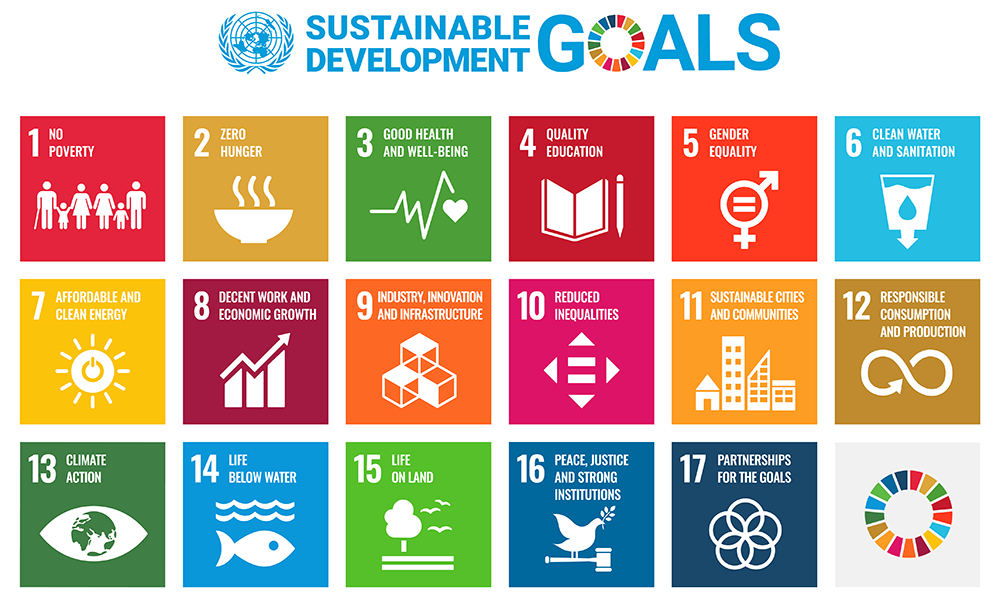
The key role of communities in health and health care has a long history. In 1978, the Alma Ata outlined community participation as a foundational component of primary health care. In the decades since, this concept has evolved and been revitalized as community engagement and empowerment.
In the Western Pacific Region, a sustained investment in community engagement is essential in working toward our For the Future vision of becoming the world’s healthiest and safest Region. This five-year strategy sets out four strategic priorities: 1) Health security; 2) Non-communicable diseases and ageing; 3) Climate change and health; and 4) Reaching the unreached. Achieving our future vision requires operational shifts, or new ways of thinking and working.
Community engagement is a key process in this new way of thinking and working. It is based on a whole-of-society approach with people as the driving force. Community engagement needs to be integrated across each of WPRO’s strategic priorities:
 For the priority area of health security, community engagement is needed to prepare for and respond to health security threats – such as outbreaks, natural disasters, and antimicrobial resistance. This includes developing strong relationships with communities and partners, both within and beyond health. The aim is to build more resilient health systems and address health threats together.
For the priority area of health security, community engagement is needed to prepare for and respond to health security threats – such as outbreaks, natural disasters, and antimicrobial resistance. This includes developing strong relationships with communities and partners, both within and beyond health. The aim is to build more resilient health systems and address health threats together.
 For the priority area of non-communicable diseases and ageing, community engagement is needed to create safe, health-promoting environments and to enable and empower all people to live long and healthy lives. It also supports orienting and building person-centred health systems and services that engage and accompany people along the continuum of care and through the life course.
For the priority area of non-communicable diseases and ageing, community engagement is needed to create safe, health-promoting environments and to enable and empower all people to live long and healthy lives. It also supports orienting and building person-centred health systems and services that engage and accompany people along the continuum of care and through the life course.
 For the priority area of climate change and health, community engagement is important in developing adaptation and mitigation strategies to address the impacts of climate and environmental change on health and well-being. Communities have a key role in advocating for climate action, including sharing their stories on the relationship between climate change, environment degradation, and health.
For the priority area of climate change and health, community engagement is important in developing adaptation and mitigation strategies to address the impacts of climate and environmental change on health and well-being. Communities have a key role in advocating for climate action, including sharing their stories on the relationship between climate change, environment degradation, and health.
 For the priority area of reaching the unreached, community engagement is needed to identify and engage people living in vulnerable situations, and to harness grounds-up solutions. This is particularly important for addressing persistent health inequalities and sustaining momentum for unfinished health agendas, including child and maternal health and communicable diseases.
For the priority area of reaching the unreached, community engagement is needed to identify and engage people living in vulnerable situations, and to harness grounds-up solutions. This is particularly important for addressing persistent health inequalities and sustaining momentum for unfinished health agendas, including child and maternal health and communicable diseases.
WPRO’s For the Future vision is aligned with WHO’s Thirteenth General Programme of Work and the broader 2030 Agenda for Sustainable Development, which all have a focus on keeping the world safe, promoting health, and serving the vulnerable. Community engagement can help stakeholders across local, national, and global levels work together to make progress on these interrelated health and development goals with clear links to the above priority areas.
This Community Engagement Toolkit is designed to help build capacity for this important work: Engage, Assess, Plan, Act, Evaluate, and Communicate & Celebrate.
For more information:

